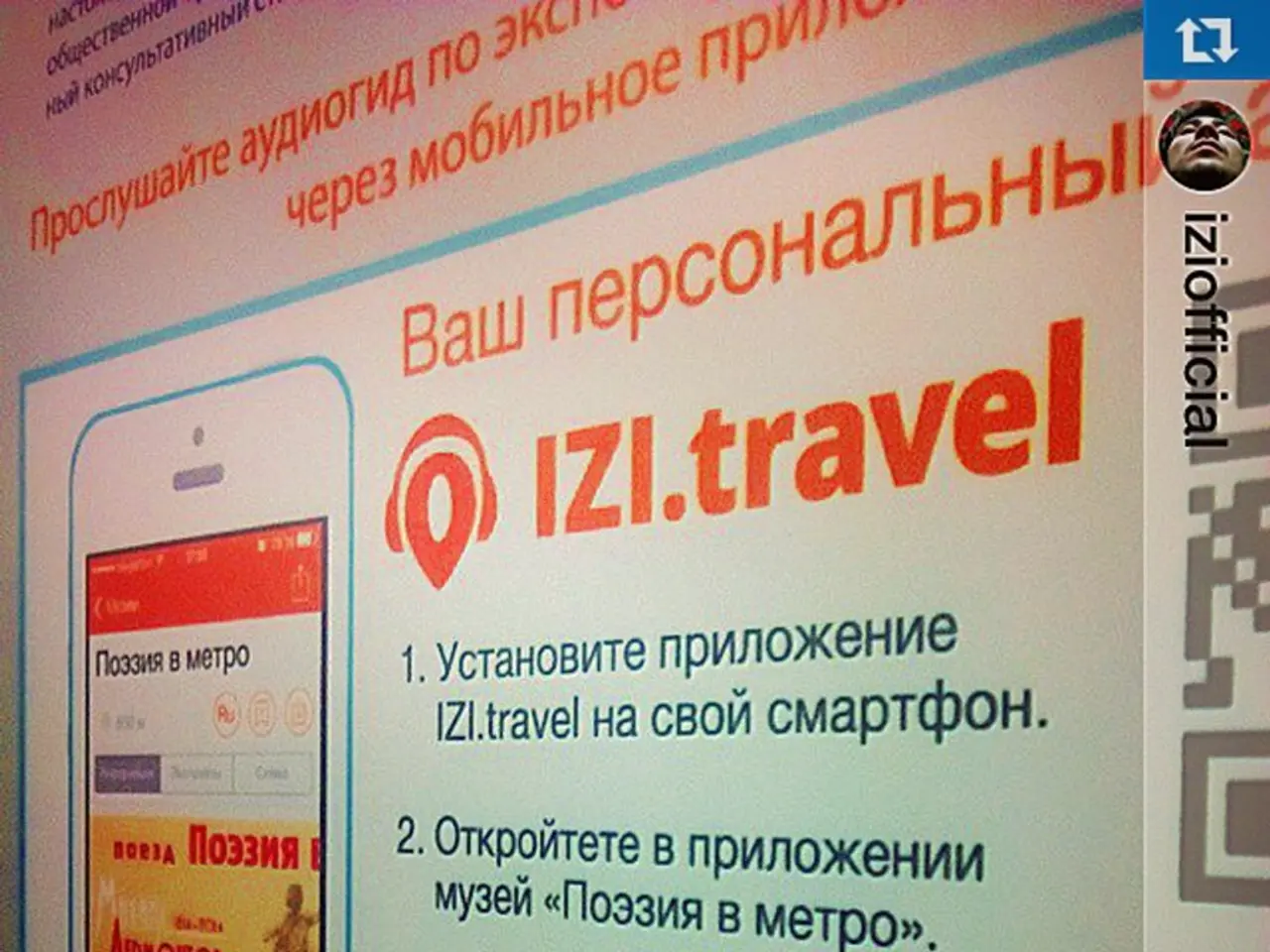Auction tracking system disrupted as Prebid takes away essential tool for advertisement buyers
In a move that has sparked controversy within the advertising industry, Prebid.org, a leading open-source advertising technology organisation, has disabled the cross-exchange functionality of transaction IDs. This decision has been met with criticism from auction transparency advocates, publishers, and advertisers alike.
Michael Sullivan from The Trade Desk has voiced his concerns, stating that many prominent publishers, including The New York Times, CNN, Forbes, Fox News, BBC, Reuters, and others, rely on transaction IDs to recognise duplicate auction opportunities. These unique identifiers play a crucial role in ensuring that demand-side platforms can process bids efficiently, preventing unnecessary strain on technical infrastructure.
The elimination of this functionality by Prebid.org is seen as a step backward, as it could lead to increased processing costs due to bid request duplication. This duplication can also result in artificially inflated auction participation that doesn't accurately reflect inventory scarcity.
The IAB Technology Laboratory has condemned the change, declaring it a violation of OpenRTB specifications. The publication notes that this is the first major public disagreement between the IAB Technology Laboratory and a key industry implementation.
The incident raises questions about governance processes in open-source advertising technology development. It also underscores ongoing tensions between technical standardization and commercial interests in the programmatic supply chain.
Brian O'Kelley, a prominent figure in the industry, has predicted that this development could accelerate direct supply relationships between demand-side platforms and publishers. He suggests that the removal of transaction IDs could force advertisers to establish closer relationships with publishers in order to maintain transparency and optimise their bidding strategies.
The controversy reflects fundamental questions about programmatic advertising's future structure and transparency requirements. Sullivan, in providing data illustrating the magnitude of auction duplication, noted that "on one path, one supply path from one SSP on one device, we received 1.7 million bid requests."
The modification of transaction IDs fundamentally alters how the system works, as each platform now generates different transaction IDs. This change eliminates advertisers' ability to identify when they receive multiple bid requests for the same advertising opportunity across different supply-side platforms.
The change affects publishers using Prebid Server integration, creating technical debt due to the standards change. The deactivation of cross-exchange transactional ID functionality by Prebid.org on August 27, 2025, reduces the ability to track and attribute programmatic ad transactions across different platforms, potentially leading to decreased transparency and efficiency in the programmatic advertising market.
As the industry grapples with these changes, it remains to be seen how the landscape will evolve and whether alternative solutions will emerge to maintain transparency and efficiency in programmatic advertising.
Read also:
- visionary women of WearCheck spearheading technological advancements and catalyzing transformations
- Recognition of Exceptional Patient Care: Top Staff Honored by Medical Center Board
- A continuous command instructing an entity to halts all actions, repeated numerous times.
- Oxidative Stress in Sperm Abnormalities: Impact of Reactive Oxygen Species (ROS) on Sperm Harm








